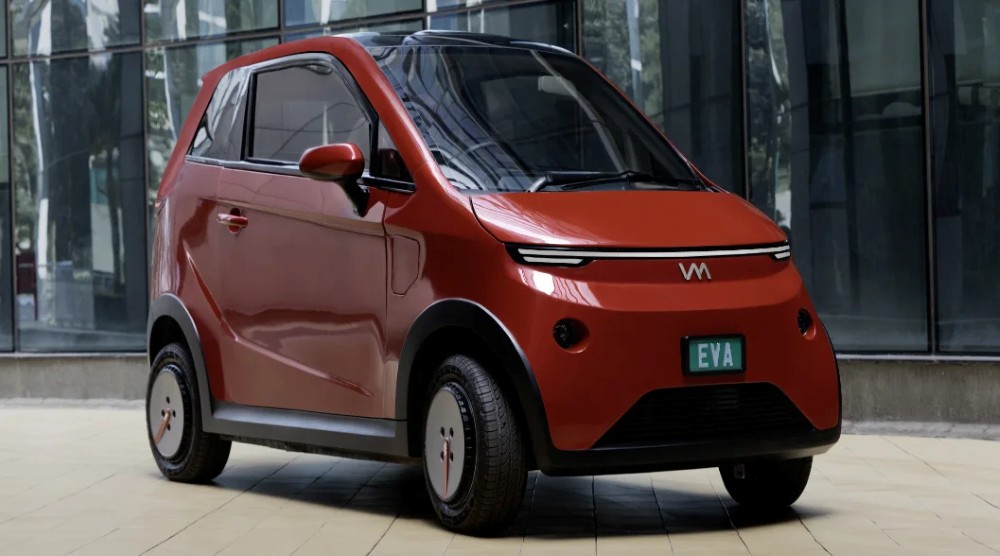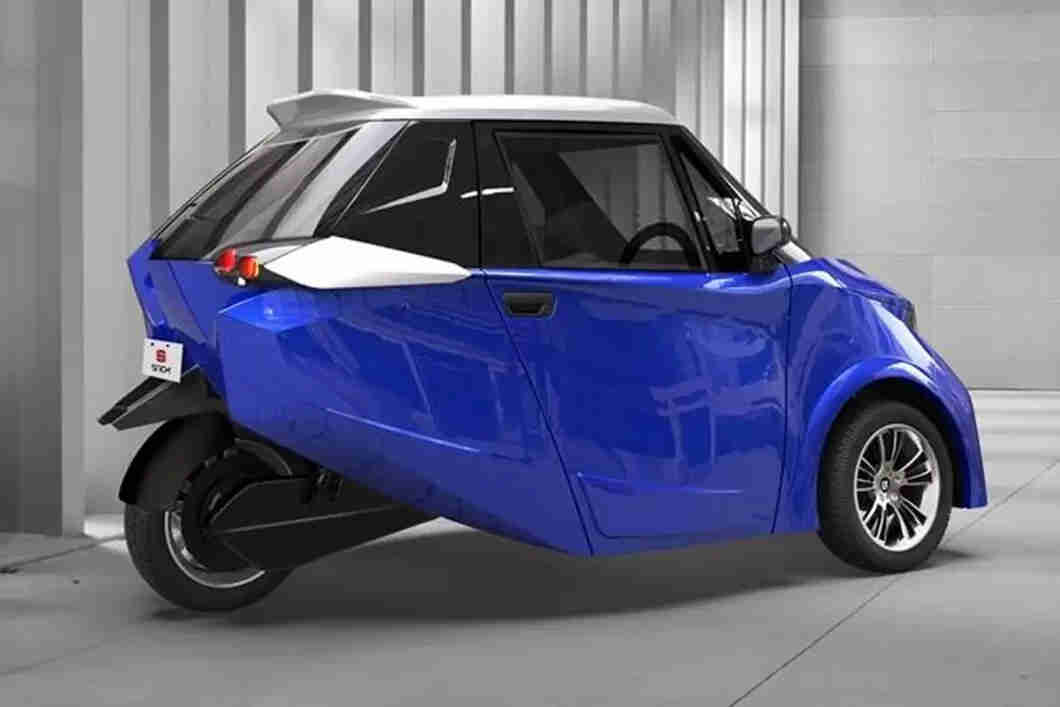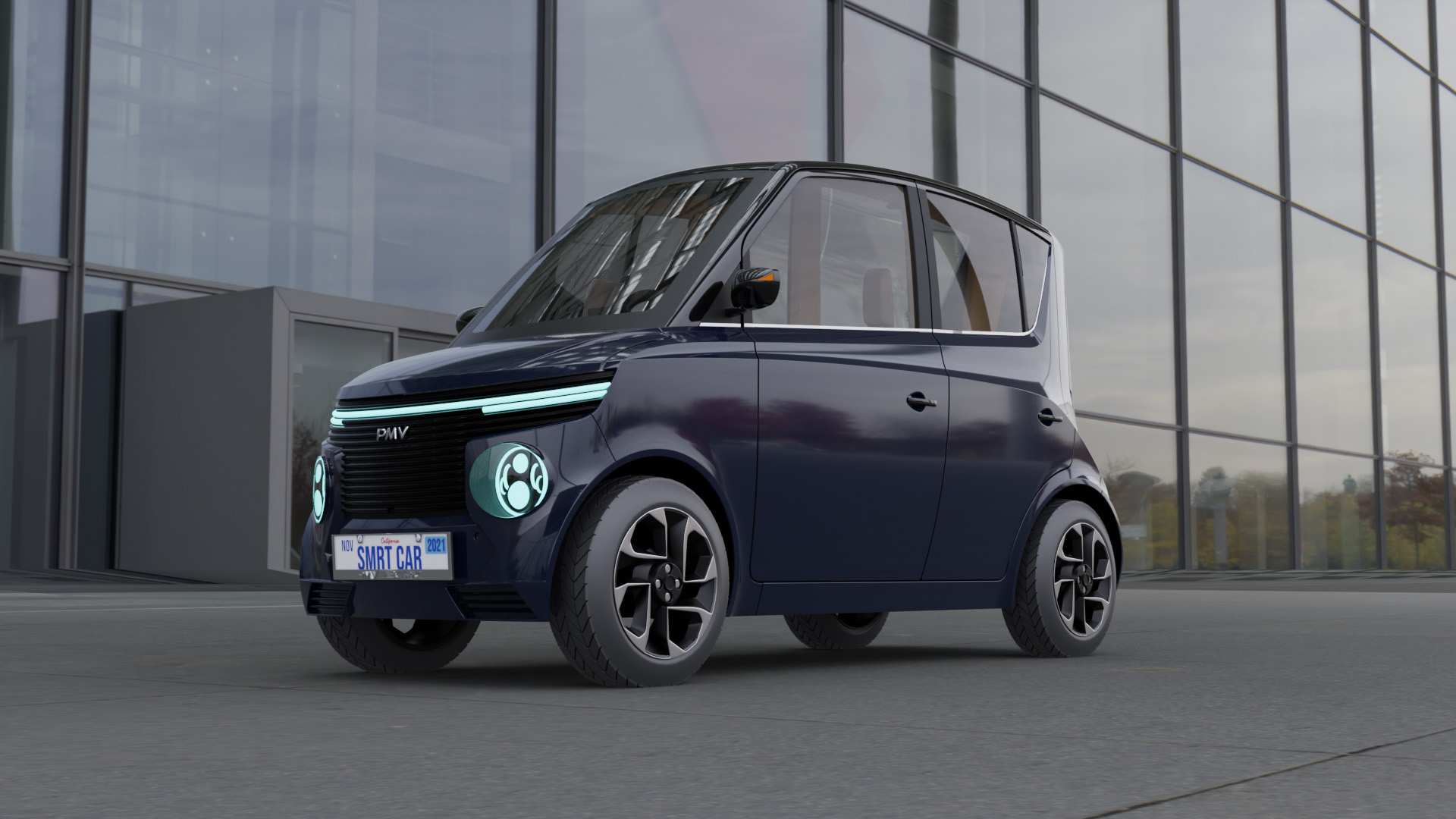9000+ Cashless Garages
1.2 Cr+ Policies Sold

9000+ Cashless Garages
1.2 Cr+ Policies Sold



Car insurance Online, Up to 90% Discount
It's a Brand New Car
The automotive market in India is experiencing a rather dramatic shift due to the imminently increasing need for efficient and environmentally friendly means of transport. As the country shifts to embracing environmentally sustainable practices, the emergence of electric vehicles (EVs) has brought major transformation.
This article explores the fascinating universe of electric vehicles, which have evolved into alternatives for significantly changing the future of automotive emissions sustainably and faster.
However, when buying an electric car in India, securing an electric car insurance is also crucial as it is mandatory by the Motor Vehicles Act of 1988. It protects against accidents, theft, and damage, safeguarding your investment. Car insurance saves you from hefty traffic fines, license suspension, and even legal trouble.


Disclaimer: All prices given here are ex-showroom prices in Delhi and may differ in other cities.
If you are looking for the best EV cars in India under 5 Lakh, then look at the cars below, which include their key specs and highlights.

The Vayve Mobility Eva is one of India's most compact & efficient electric cars. Made with a lightweight aluminium frame and an optional solar roof, this little car is all about minimising the need for recharging & squeezing as much mileage as possible out of that battery. It's a practical three-seater microcar that marries functionality with sustainability - ideal for city centre traffic.
Under the hood, it features a lithium-ion battery that can travel up to an impressive 250 km on a single charge. If anyone needs a top-up, fast charging means the battery's back up to 80% in under an hour. You get an air-conditioned cabin, a smart infotainment system & comfy seating, all without sacrificing an inch of practicality.
Key Specifications:

The Strom Motors R3 is a recent addition to the electric vehicle market. It is a compelling breakthrough in the affordable segment of the electric car market as it is stylish, functional, and has impressive performance. This stylish ‘three-wheeler’ hatchback includes a futuristic, enclosed cockpit with scissor-style doors and a powerful 48-volt electrical architecture.
Also worth acknowledging is the high-tech equipment, such as a digital instrument cluster, a touch screen, the ability to use voice and gestures, climate control, and even an air quality sensor; with all these, the car may possibly appeal to both the frugal consumer and the one who appreciates innovations.
Key Specifications:

The PMV EaS-E is a worthy addition to the new affordable electric cars list as it boasts compact dimensions yet powerful performance. This two-seater microcar from an Indian startup called PMV Electric is stylish and futuristic. It is solely based on a lithium-ion battery with a 10kWh capacity. The 1.4-litre Turbo GDi unit cranks out 41 bhp of power and 110 Nm of torque.
Measuring an overall dimension of 125 x 44 x 43 cm and weighing just 700 kg, the EaS-E comes with a rather impressive battery range of 160 km with a recharging time of 4 hours. However, it introduces the basics simply by adding add-ons such as power windows, a digital instrument cluster, LED headlamps, and rear parking sensors.
Key Specifications:
So, these are all the electric cars in India under ₹5 Lakh. The new pack of electric vehicles has revolutionised the EV industry in India. With backing from policies like FAME-II, state EV policies, and increasing charging facilities, these budget EVs can act as catalysts to drive higher EV penetration.
Due to cheaper acquisition and ownership costs, such EVs may become much-needed game changers in India as the nation strives to attain a cleaner mobility future.
Besides, you should consider other essential factors like insurance, PUC, tax, etc., while buying an EV. Third-party car insurance is a mandatory requirement that safeguards your vehicle from legal obligations and covers third-party damage expenses.